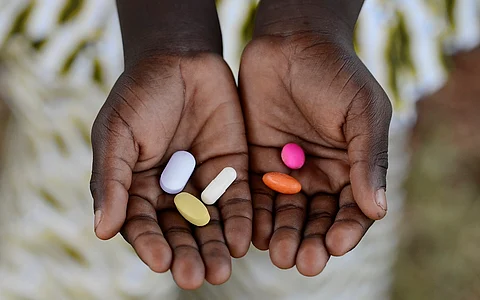

A new study from the University of Notre Dame in the United States has revealed something deeply worrying: many cancer patients in sub-Saharan Africa may not be getting the treatment they truly need. According to the research, one out of every six cancer medications tested in countries like Kenya, Malawi, Ethiopia, and Cameroon was found to be of poor quality.
Some drugs had far too little of the ‘active ingredient’, the part that actually treats cancer. Others had too much, which could be harmful. The safe range for these ingredients is between 90 per cent and 110 per cent of what’s written on the label. But researchers found medicines with as little as 28 per cent and as high as 120 per cent.
This means that if a patient gets too little of the drug, the cancer may not be treated and could spread. If they get too much, it can cause harmful side effects, according to the researchers.
The team tested 251 cancer drug samples from both public hospitals and private markets. Poor-quality medicines were found in every country and in private as well as public settings.
More worryingly, the system in place in these countries to check medicine quality fails to address most of these issues. In fact, visual inspection only caught one out of 10 bad medicines.
Sub-Saharan Africa currently has no chemical testing labs to properly examine cancer drugs, which complicates matters more. And with cancer cases rising, the need for effective treatment is becoming more urgent.
The study also highlighted bigger issues like weak drug regulations, poor manufacturing standards, and unsafe storage and shipping conditions. These problems make it easier for substandard drugs to slip into hospitals and pharmacies. The researchers believe similar issues may be affecting other low- and middle-income countries as well.
One promising solution in development is the chemoPAD a small, paper-based device being created by the lab of Marya Lieberman, professor of chemistry and biochemistry at Notre Dame and lead author of the study. It’s designed to help hospitals quickly test the quality of cancer drugs without needing a full laboratory.
Substandard anticancer medications in clinical care settings and private pharmacies in sub-Saharan Africa: a systematic pharmaceutical investigation in the journal The Lancet Global Health.